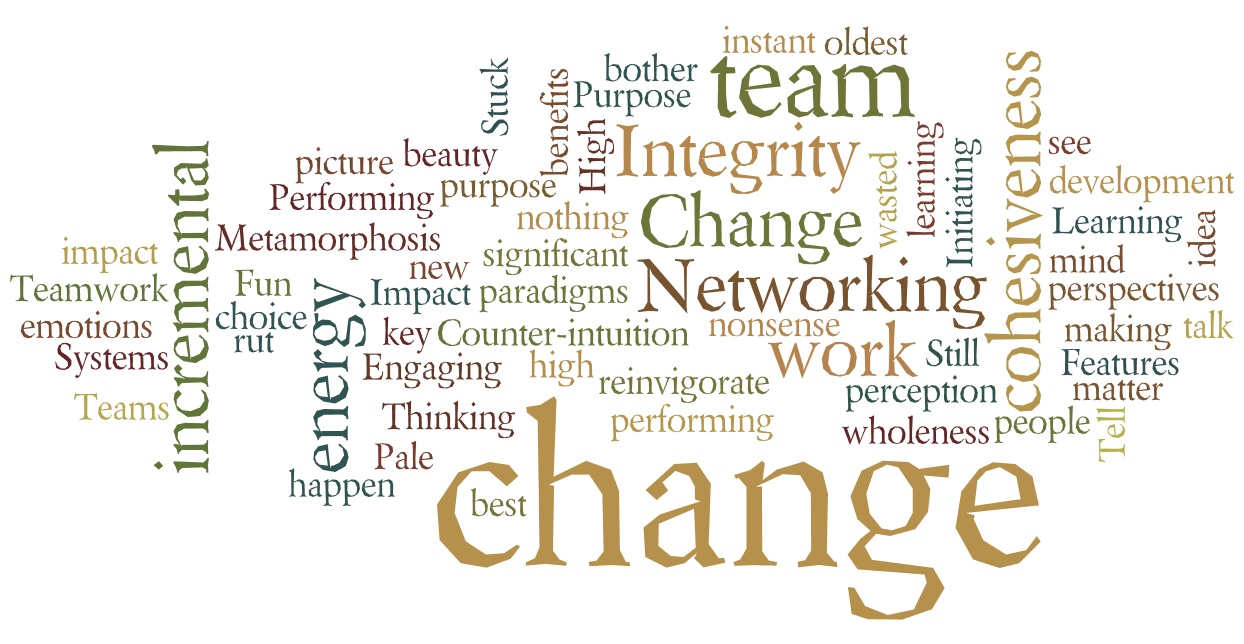 ‘Partnerships’ might become the new buzzword of the year. But what is this really all about? Why ‘partner-up’ in a collaboration when we used to just do it without using the ‘P’ word? The danger is that partnerships means everything to everyone but in the end does not mean anything in itself.
‘Partnerships’ might become the new buzzword of the year. But what is this really all about? Why ‘partner-up’ in a collaboration when we used to just do it without using the ‘P’ word? The danger is that partnerships means everything to everyone but in the end does not mean anything in itself.
The Oxford dictionary defines a partner as someone “who takes part in an undertaking with another or others… with shared risks and profits“. If we are serious about partnership it actually means something which carries very specific and, potentially, radical expectations:
1. there is a shared vision of what you want to achieve
2. work expectations are mutual and shared (but NOT contractual)
3. work is conducted through a RELATIONSHIP which builds over time, based on integrity
4. clarity: in desired results, working principles, resources, accountability and consequences
5. the association is long term – the work might change but the relationship continues
6. the association is win/win – partners have to actively seek mutual benefits
7. work output is a sum of the whole partnership, NOT just ‘we do our bit’ and ‘you do yours’
8. there is trust and openness, including when problems or difficulties occur
9. therefore, partners work together to solve problems and make improvements
Critics would argue that this list sounds fine in theory but is it of practical value? Let’s face it we have to have contracts and sometimes people let us down – we also need to prioritise our needs above others or we will not optimise our outputs, surely?
Actually we really need to consider these assumptions more seriously. When we perform at the highest level alongside collaborators or work colleagues, what are the things that really give sense to the work that we do? Is it contracts, standards, specifications, or something else?
I would argue that it is something else – we need relationships which allow us to navigate the flow of work, to be able to ask the right questions, to seek advice and resources, get goods delivered or receive the information on time. We need people who care about the work, who are bothered about the end user (and don’t just do the bare minimum to reduce their own costs). We need people who will raise problems before they incur cost or who will be honest with highlighting difficulties or practicalities before they become a real problem. This is a true work partnership.
Covey, S. (1989) 7 Habits of Highly Effective People, Simon & Shuster, New York, NY.
Kouzes J.M. and Posner B.Z. (2007) The Leadership Challenge, 4th Edition. San Francisco, CA: Jossey Bass John Wiley and Sons.

